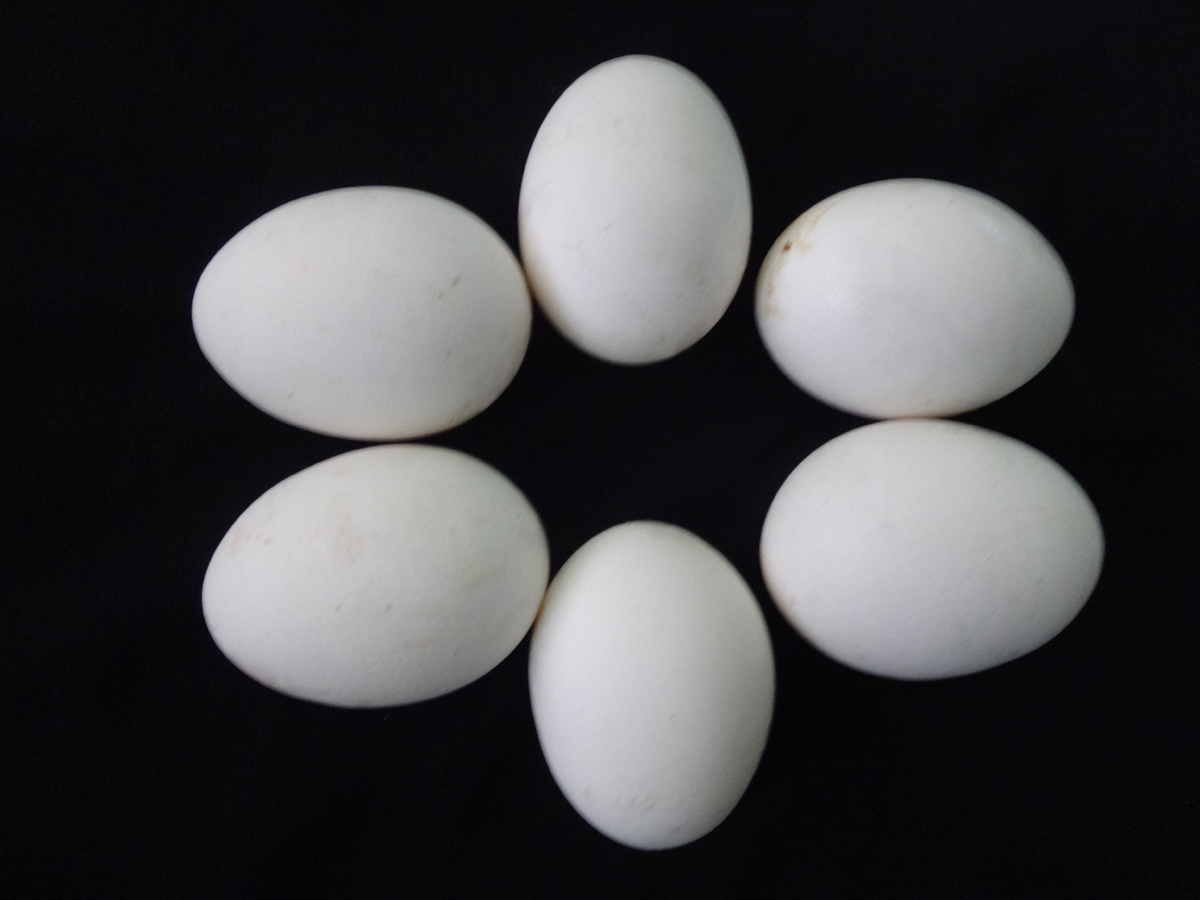
High Protein Diets - IntroductionHigh protein and low carbohydrate diets have become very popular in recent years and many opt for such diet plan in order to lose weight. This trend can be explained by reports that protein can more effectively satisfy hunger and control appetite than other types of major nutrients, fats and carbohydrates.
High protein diet involves protein intake of 30% or more of total calories, which is much more than normally recommended daily protein requirement of around 12 % of total calorie intake.
How Do High Protein Diets Work?Diets high in protein are usually combined with low carbohydrate intake for better results. Drastic restriction of carbohydrates causes the body to burn its own fat for energy. Well known and very popular high protein and low carbohydrate diet plan is the Atkins Diet. Despite of providing desired results, this diet is considered as highly controversial as it can cause many health problems. Other diets that emphasize high protein and low carbohydrate intake are the Protein Power Lifeplan, the Zone Diet, the South Beach Diet, the Stillman Diet, the Sugar Busters, the FatLoss4Idiots Diet and the Muscle Gaining Diet.
High protein diets are usually divided into several stages. The first stage is typically the most strict one in which carbohydrate intake is drastically reduced. In the following stages carbohydrates are gradually added back into the diet. Finally, in the last stage called maintenance stage, the dieter maintains body weight by following carbohydrate allowances.
High protein and low carbohydrate diet plan involves elimination of sugar in all its forms, pastas, starch-rich foods like potato, white rice and cereals. Sauce, bacon, salad dressing, ketchup, fruits and fruit juices must be avoided too as they also contain sugar. On the other hand, eggs, fish, poultry and all kinds of meat are allowed. Low glycemic vegetables such as broccoli, spinach, cabbage, lettuce, cauliflower, egg plant and cucumber are also allowed. Finally, high fat intake is recommended too and the dieter can eat large amounts of cheese, butter and cream.
Risks of High Protein Diet
Many nutritionists and doctors claim that high protein diets pose a risk to health. Excess animal protein and fat intake can lead to coronary artery disease, diabetes, kidney disease, osteoporosis and cancer. This is also because high protein diets do not include normally recommended intake of vitamins, minerals, fiber and other important nutrients.
Finally, such diets can cause the body to enter the unhealthy metabolic state known as ketosis. In ketosis, substances called ketones are formed in the body and released into the bloodstream resulting in lower appetite but also nausea, bad breath, gout, kidney stones and even kidney failure.




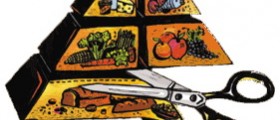
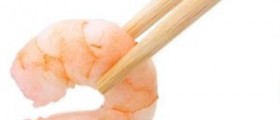
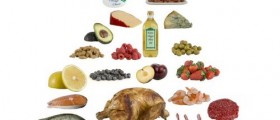




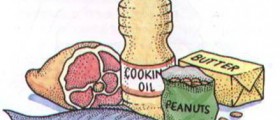

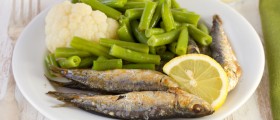
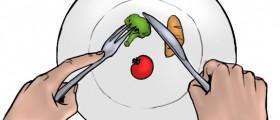


Your thoughts on this
Loading...